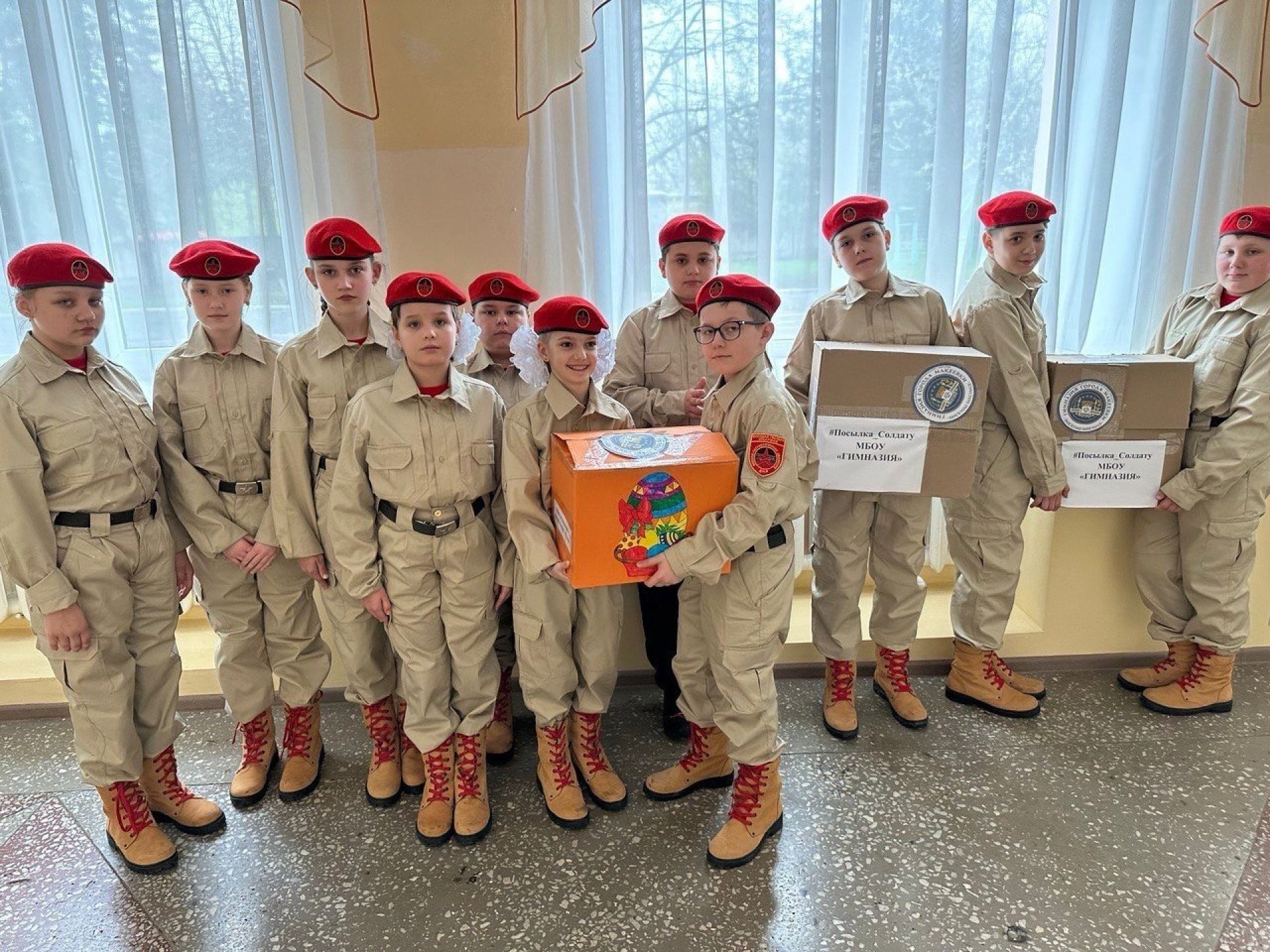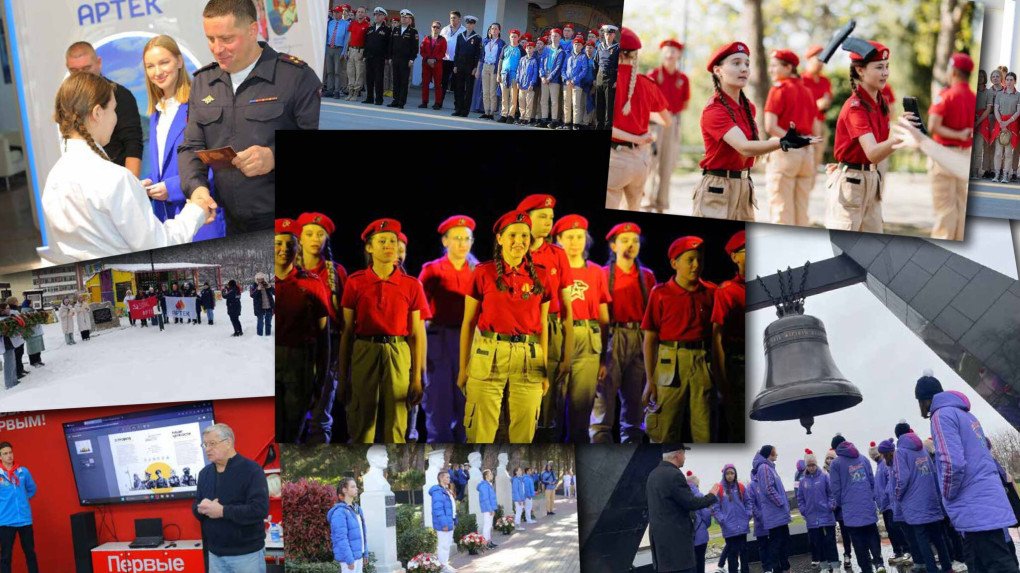- Category
- War in Ukraine
The System That Sends Ukrainian Children to War Against Their Own Country

Russia has invested significant resources into erasing Ukraine’s future. An investigation by Ukraine’s Center for Countering Disinformation uncovers a chilling reality: the Kremlin’s calculated efforts to kidnap, indoctrinate, and militarize Ukrainian children, ultimately sending them to fight against their own homeland.
After Russia occupied parts of Ukraine in 2014, the Kremlin began systematically spreading its ideology in the annexed and occupied territories, focusing heavily on children and young people.
Backed by significant investments, these efforts included the establishment of ultrapatriotic military organizations like Yunarmia ("Young Army"), specifically targeting children to instill loyalty to the Russian state and its military agenda.
In these economically depressed regions—struggling largely due to Russia’s occupation—joining such groups came with tangible benefits, such as easier access to universities, job opportunities, and social privileges.
Occupied areas like Crimea and Donetsk became ideological grey zones, where loyalty to Russia was rewarded, and dissent was harshly punished.
Dmytro Kotov, from Dzhankoy in Crimea, a city occupied by Russia since 2014, joined Yunarmia after the attempted annexation. Programs like Yunarmia provided young people like Dmytro with clear advantages in the Russian-controlled system, offering pathways to education and employment that were otherwise out of reach in the region’s declining economy.
After graduating from Sevastopol State Technical University, he served in the Russian Navy aboard the landing ship Novocherkassk. On March 24, 2022, Dmytro died fighting in Russia’s war—against his own homeland.
Ivan Shyfman, from Kalmiuske in the occupied Donetsk region, joined Yunarmia in 2019. Like others in the organization, Ivan received ideological training designed to frame Ukraine as an adversary.
This indoctrination eventually led him to enlist in the "People’s Militia" of the so-called Donetsk People’s Republic, where he fought across the Donetsk region. Ivan was killed in combat near Novobakhmutivka on April 14, 2022.
Illia Moskvitin, another member of Yunarmia from occupied Donetsk, faced a similar fate. On April 14, 2022, the same day as Ivan’s death, Illia stepped on a Russian Lepestok anti-personnel mine. The very system that had recruited and indoctrinated him ultimately took his life.
Dmytro, Ivan, and Illia all died in the spring of 2022, fighting for the state that had occupied their homes and stripped them of their identities. They were Ukrainian children, but they died wearing the enemy’s uniform, tools of a deliberate and systematic campaign by the Kremlin to erase Ukrainian culture and replace it with loyalty to Russia.
A Russian video report on the Yunarmia program
The systematic militarization of Ukrainian children
Since the attempted annexation of Crimea in 2014, Russia has systematically militarized Ukrainian children in occupied territories, transforming schools, cultural centers, and summer camps into hubs of ideological indoctrination. Central to this effort is Yunarmia ("Young Army"), a youth organization established in 2016 under the Russian Ministry of Defense.
By 2024, over 29,000 children in Crimea alone had been enrolled in the program, which aims to instill ultrapatriotic loyalty to the Kremlin.
Russia’s strategy extends far beyond Yunarmia, involving a network of organizations designed to shape children into tools of war. DOSAAF Russia ("Volunteer Society for Cooperation with the Army, Aviation, and Navy of Russia") provides children with military training, drone operation skills, and other combat-related knowledge.
Programs like Orlyata Rossii ("Eaglets of Russia") target younger children with cultural assimilation activities, promoting Kremlin-aligned "patriotic" values. Dvizhenie Pervykh ("Movement of the First") organizes military-patriotic games and ideological activities to instill loyalty to the Russian state.
Additional groups, such as Yug Molodoy ("Young South") and Molodaya Gvardiya ("Young Guard"), combine militarized training with propaganda that glorifies Russian military actions. The Volunteer Battalion “Boevogo Bratstva” ("Volunteer Battalion of Combat Brotherhood") actively recruits young people into paramilitary activities.
Even the Artek International Children’s Center ("Artek"), once a globally recognized summer camp, has been repurposed into a training ground for indoctrinating children with Russian military values and loyalty campaigns.
The methods of indoctrination are pervasive and multifaceted. In occupied schools, Ukrainian curricula have been replaced with Russian standards, erasing Ukrainian identity while glorifying Russia’s military history.
Children are required to attend military parades, lay flowers at monuments to Russian soldiers, and participate in events celebrating so-called war heroes. Propaganda saturates their daily lives through films, cartoons, and social media campaigns designed to embed pro-Kremlin narratives at every turn.
Recreational camps like Artek immerse children in combat training and militaristic culture under the guise of leisure activities. Schools have also introduced programs such as "Hero’s Desk," which venerate Russian soldiers as role models, fostering a sense of patriotism tied exclusively to allegiance to the Kremlin.
Through this tightly controlled system, children as young as eight are molded into instruments of Russia’s war machine, their identities stripped and futures rewritten by the occupying state.

Ukraine’s response
Ukraine is actively working to counter these violations. The "Bring Kids Back UA" program focuses on rescuing children from occupied territories and providing psychological support to help them reintegrate into Ukrainian society. Efforts documenting Russia’s actions are crucial in raising international awareness and ensuring accountability for these crimes.
Sanctions targeting the individuals and organizations responsible have already been implemented, with calls for stronger global measures. Increased funding for rehabilitation programs and educational initiatives is essential to counter Russian propaganda and protect vulnerable children.
The International Criminal Court has issued arrest warrants for Russian leader Vladimir Putin and Maria Lvova-Belova, Russia’s Commissioner for Children’s Rights. They are accused of orchestrating the illegal deportation and indoctrination of Ukrainian children—acts that violate international law and human rights.
Hundreds, perhaps thousands, of Ukrainian children, have lost their lives due to Russia’s actions. No court decision or verdict can ever bring them back. This is not just an attack on Ukraine’s present—it is an assault on its future.

-35249c104385ca158fb62273fbd31476.jpg)


-554f0711f15a880af68b2550a739eee4.jpg)



-206008aed5f329e86c52788e3e423f23.jpg)